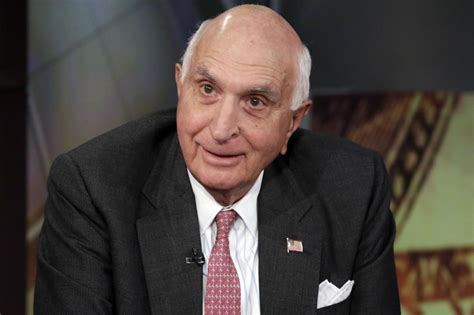A Quote by Ann Kirkpatrick
In 2010, I proposed that Congress take its first pay cut in 77 years, and my effort had bipartisan support. And as part of leading by example, I returned 5 percent of my paycheck every month to pay down the debt.
Related Quotes
If you have to pay about forty to forty-three percent of your income for housing, you also have to pay fifteen percent of your paycheck for the FICA for Social Security wage withholding. You have to pay medical care, you have to pay the banks for your credit card debt, student loans. Then you only have about twenty-five or thirty-five percent, maybe one-third of your salary to buy goods and services. That's all.
We need a wealth tax that on a one-time basis is going to take back at least some small fraction of the great windfall that the upper 1 percent, or 5 percent and pay down the government debt, pay back the federal debt because we can't put this on the next generation or they're going to be buried paying taxes.
Bad karma is the spiritual debt one has accumulated for one's mistakes from all previous lives and this life. It includes killing, harming, taking advantage, cheating, stealing, and more. On Mother Earth, when you buy a house, you take out a mortgage from a bank. This mortgage is your debt to the bank. You pay every month for fifteen, twenty, or thirty years to clear your financial debt. In the spiritual realm, if you have bad karma, you may have to pay for many lifetimes to clear your spiritual debt.
There are two definitions of deflation. Most people think of it simply as prices going down. But debt deflation is what happens when people have to spend more and more of their income to carry the debts that they've run up - to pay their mortgage debt, to pay the credit card debt, to pay student loans.
The president doesn't get an automatic pay raise, so they can't freeze it for him. But it also does extend the pay rate - they pay increases or pay freeze for pay increases for members of Congress. They've had a pay freeze since 2009, but most civil servants will see a small pay bump in 2016 thanks to a separate order from President Obama.
If you ask the question of Americans, should we pay our bills? One hundred percent would say yes. There's a significant misunderstanding on the debt ceiling. People think it's authorizing new spending. The debt ceiling doesn't authorize new spending; it allows us to pay obligations already incurred.
































